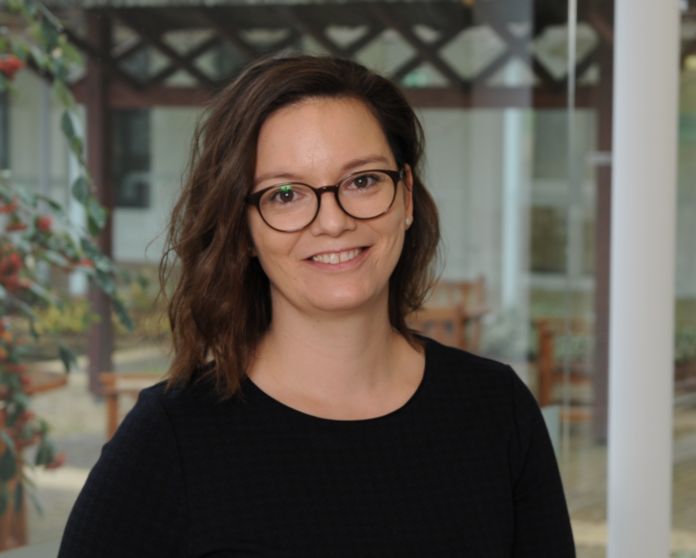Why are women still underrepresented in the very top positions at the Big 4 accountancy firms, asks Dr Patrizia Kokot-Blamey (pictured) in her new book.
Women’s access to the professions has improved remarkably over the past 20 years, and professional service firms. such as the Big 4, have invested heavily in equality, diversity, and inclusion drives. She says some, such as Deloitte, regularly featuring in Best Workplaces for Women rankings, but the number of women at the very top has failed to budge significantly over the same period. It means women make up just over 20-23% of partners in larger firms.
In her new book ‘Gendered Hierarchies of Dependency’ Kokot-Blamey analyses this stickiness at the top of the profession. She says accountancy plays a vital role in shaping decisions significant to the economy at large – auditing accounts, advising governments, navigating takeovers, and planning and executing restructuring and downsizing exercises.
Kokot-Blamey found that the price of making it to the top is still frequently motherhood, indicating that flexible working and equal opportunity initiatives continue to fail in their purpose. “There is nothing wrong with prioritising one’s career, but for many women giving up family life and motherhood in this way will be a cost too high to pay,” says Kokot-Blamey.
She also queries whether a focus on performance, blind recruitment, and data-driven HR interventions has done anything but alienate people from one another. Kokot-Blamey explains: “We all spend so much time at work and, at the same time, work for many of us is no longer a place where we develop friendships or relationships of trust. A shift away from relationship-based hiring has succeeded in getting more women through the door, but when we look at it comparatively, we can see that they are not as secure in their positions.”




